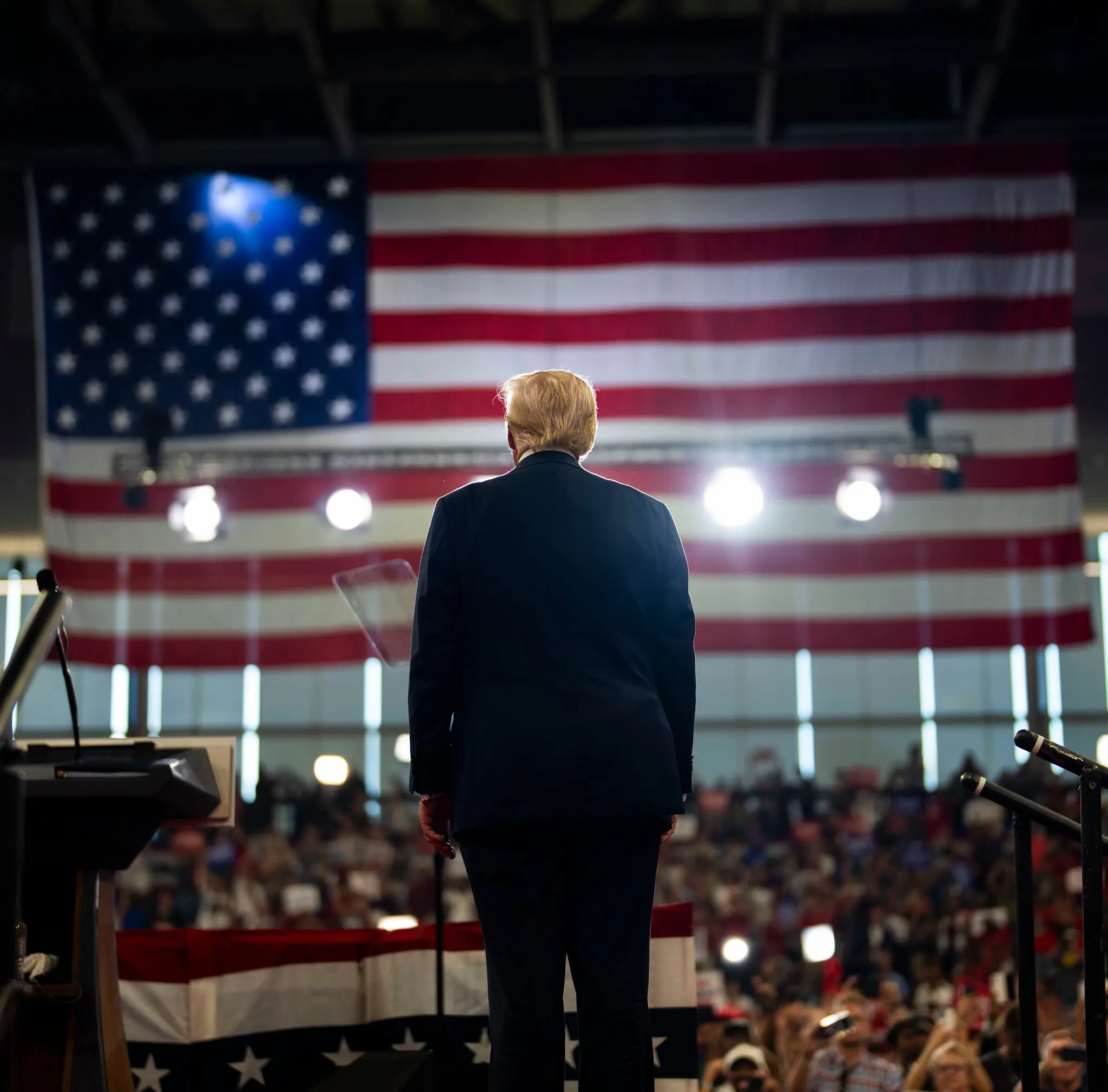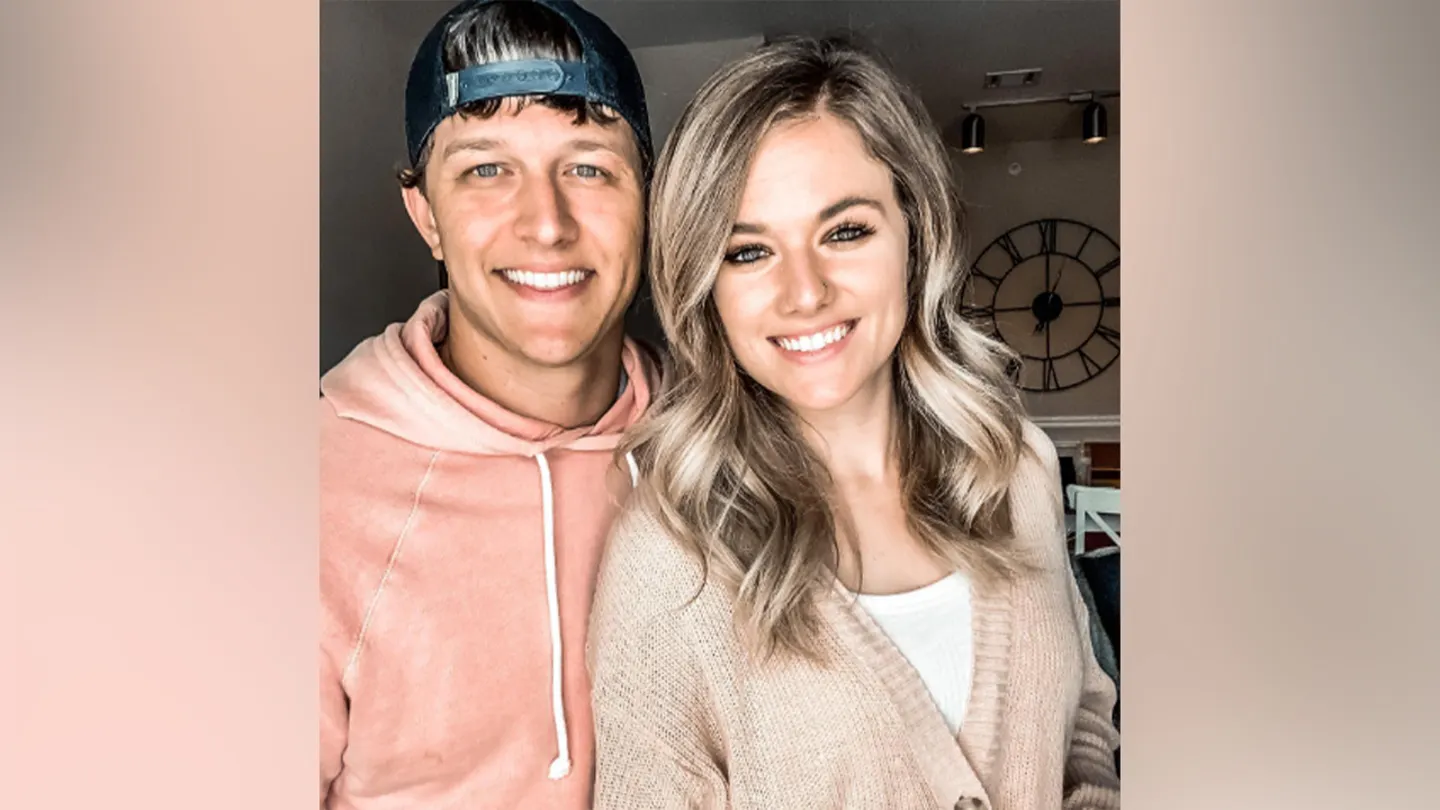Investigators believe that the targets of the man, who had recently spent two weeks in Iran, likely included former President Donald Trump.
The Justice Department said on Tuesday that it had charged a Pakistani man who had recently visited Iran with trying to hire a hit man to assassinate political figures in the U.S. Investigators believe that potential targets likely included former President Donald J. Trump, according to a senior law enforcement official.
The man, Asif Raza Merchant, 46, was arrested in New York on July 12, one day before a 20-year-old man, Matthew Crooks, shot at and slightly wounded Mr. Trump during a rally in Pennsylvania, according to a complaint unsealed in federal court in Brooklyn on Tuesday.
Officials said they had no evidence indicating the plot was connected to the shooting in Butler, Pa. But they said the arrest of Mr. Merchant — who had recently spent two weeks in Iran — had disrupted what they characterized as a far-ranging plot that also included seeking to steal computer files from U.S. officials.
U.S. intelligence agencies were tracking a potential Iranian assassination plot against Mr. Trump in the weeks before the assassination attempt that prompted the Secret Service to enhance security for the former president before his outdoor campaign rally in Pennsylvania. It is not clear if the scheme made public on Tuesday precipitated those moves.
Mr. Merchant “orchestrated a plot to assassinate U.S. government officials and steal information on U.S. soil,” prosecutors wrote in documents unsealed on Tuesday.
“After spending time in Iran, Merchant flew from Pakistan to the U.S. to recruit hit men to carry out his scheme,” they said.
In an affidavit accompanying the charges, an F.B.I. agent said that “the tradecraft and operational security measures” employed by Mr. Merchant were consistent with the actions of someone “plotting on behalf of a foreign adversary.”
The agent likened Mr. Merchant’s actions to the foiled plot by Iranian operatives to murder John R. Bolton, the former national security adviser under Mr. Trump, in revenge for the 2020 killing of Qassim Suleimani, a high-ranking member of Iran’s Revolutionary Guards, in a U.S. drone attack in Iraq.
The bureau had been investigating Mr. Merchant for weeks before they arrested him as he attempted to leave the country from New York. They relayed details of the case to other federal agencies, including the Secret Service, said Representative Michael R. Turner, Republican of Ohio and chairman of the House Intelligence Committee.
Mr. Turner said that the failure of the Secret Service to protect Mr. Trump from an assassin’s bullet “is even more outrageous” because they were aware of the potential threat and did not take sufficient steps to safeguard the former president.
After arriving in the U.S. in April, Mr. Merchant contacted a person who he thought could help him carry out his plans, which also included organizing protests of American treatment of Muslim countries.
Instead, his contact quickly told law enforcement officials, and became a confidential informant.
In early June, Mr. Merchant traveled from Texas to New York to visit that person and laid out a scheme that included targeted assassinations of people “who are hurting Pakistan” and the “Muslim world,” according to the informant.
He offered to pay the person $5,000 as a down payment on a potential $100,000 fee, under the guise of a dyed-rug business. He also claimed to be a “representative” for other conspirators outside the U.S., but did not specify who his handlers were.
Mr. Merchant offered to channel the money through an informal network in Dubai or Istanbul, prosecutors said. The filings do not indicate if Mr. Merchant revealed whom he was working with, but he said he had wives in Pakistan and Iran, and had traveled to Iraq in recent years.
Mr. Merchant did not say whom he wanted to assassinate in his discussions with the informant, but said he hoped to pull off the killing, or killings, in late August or early September.
He specified that he was not targeting “normal” people, and that the political figures he had in mind were prominent enough to warrant security details, the law enforcement official said.
His targets included current and former U.S. officials, according to a senior federal law enforcement official. The bureau’s leadership said in recent testimony before Congress that Mr. Trump was a longstanding target of threats from Iran.
Mr. Merchant encouraged the informant to travel to Iran personally, and said he had gotten permission from higher-ups to “finalize” the assassination plot.
During a trip to New York, Mr. Merchant asked the informant to drive him around to “clubs” in Brooklyn to recruit potential hit men, and people to engage in an unspecified criminal scheme that could earn participants up to a million dollars.
It was on that trip that the informant introduced Mr. Merchant to two people who were represented as killers for hire, but who were in fact undercover federal operatives.
At one point, Mr. Merchant — a slim man with a close-cropped, salt-and-pepper beard — grabbed a napkin and scrawled out a code for their future interactions based on his cover as a textile broker. “T-shirt” would be an order to organize counter-protests at political rallies, “flannel shirt” meant “stealing” and “fleece jacket” was code for assassination, prosecutors said.
But he did not tell those informants whom he wanted to have killed, and said he would send them names after he left the country, according to the complaint.
He was arrested soon afterward.
Mr. Merchant’s lawyer did not respond to a request for comment.
The arrest and the charges against Mr. Merchant were reported earlier by CNN.




